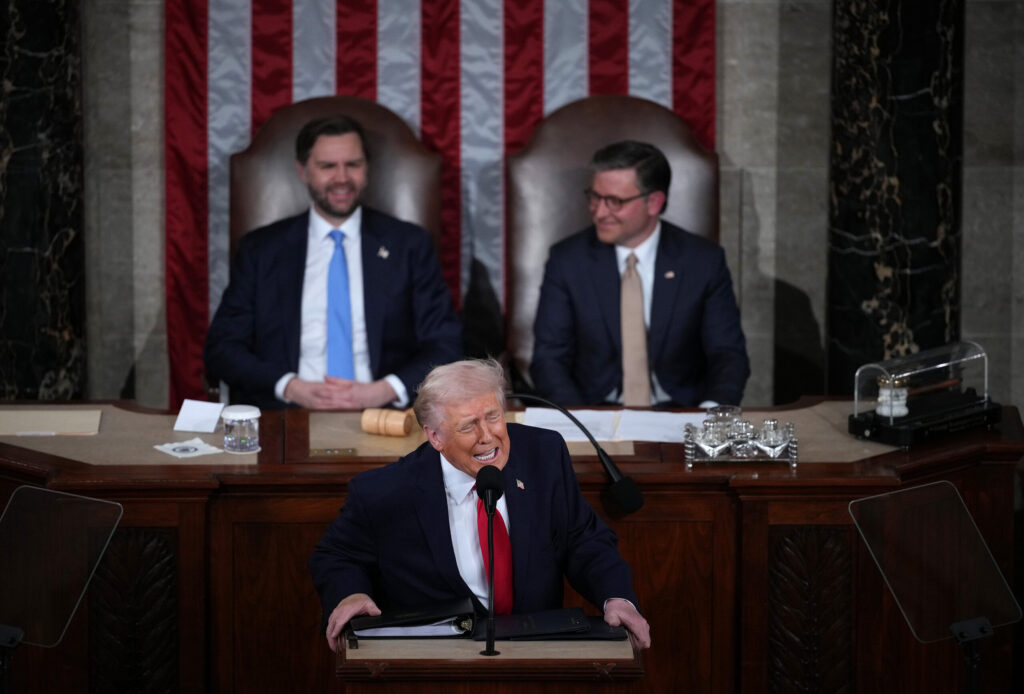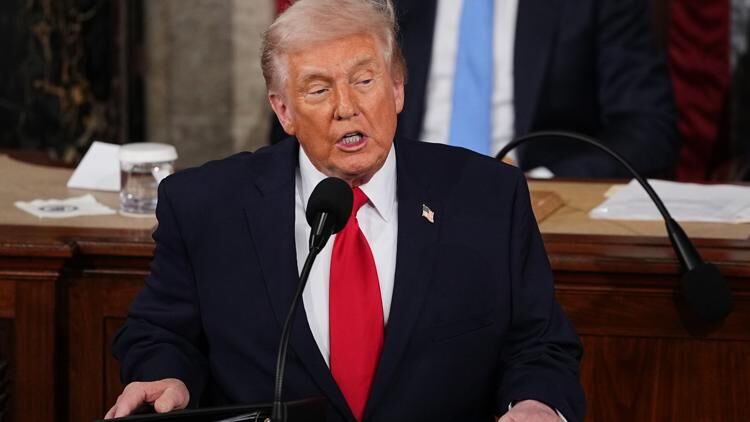How Colorado’s congressional delegation voted (week ending Aug. 5, 2017)
H.R. 2430: FDA Reauthorization Act of 2017
This was a vote to pass H.R. 2430 in the Senate.
Most of this bill allows the Food and Drug Administration to continue its normal operations, such as collecting fees from pharmaceutical companies to review their drug applications for safety and commercial sales. This year it includes the Prescription Drug, Biosimilar and Generic Drug User Fee Acts, which are intended to make drug application reviews more efficient and speed their entry into markets. The 94-to-1 approval margin demonstrated the broad popularity of the bill, which was reflected in statements from industry organizations. The FDA Reauthorization Act “better incorporates real-world evidence and patient perspectives into the drug development and approval process, while also providing the [FDA] with new tools and resources to keep up with the latest scientific advances,” said Stephen Ubl, president of the Pharmaceutical Research and Manufacturers of America.
Passed.
Amendment to H.R. 1628, the Better Care Reconciliation Act
This was a vote to pass an Amendment to H.R. 1628 in the Senate.
This amendment would have allowed patients with life-threatening illnesses to gain access to experimental drugs without Food and Drug Administration approval. However, only drugs that are being evaluated by the FDA and already have undergone preliminary testing on humans would be eligible. Patients could use the experimental drugs only after all conventional treatments on them failed. Also known as the “Right to Try Act,” it drew warnings from the drug industry and FDA, which said it could threaten patient safety and interfere with drug development if problems arise. The warnings prompted the Senate to revise the bill before it was submitted for a vote. The final version required the FDA to collect reports from health care providers on safety problems during right-to-try treatments. In addition, patients could be charged no more than the production costs for the medicines.
Failed.
On the Nomination PN696: Christopher A. Wray, of Georgia, to be Director of the Federal Bureau of Investigation for a Term of 10 Years
This was a vote to confirm Christopher A. Wray as director of the FBI in the Senate.
The Senate intended the confirmation of Christopher A. Wray as FBI director to guide the agency through a politically sensitive period that includes investigating whether President Donald Trump colluded with the Russian government to sway the last election in his favor. Wray, who is a former federal prosecutor, is expected to provide the strong leadership FBI agents want to avoid being intimidated by the White House during the investigation. So far in his administration, Trump has polarized the FBI by his firing in May of former FBI director James Comey. The president also has criticized the acting FBI director, Andrew McCabe, who was a supporter of Comey. During his Senate confirmation hearing, Wray said, “I fully understand that this is not a job for the faint of heart. I can assure this committee, I am not faint of heart.” Wray graduated from Yale Law School in 1992. He worked as a federal prosecutor from 1997 through 2005 after being promoted to head of the Justice Department’s criminal division. The Senate, including both Colorado senators, overwhelmingly approved his appointment to the FBI.
Passed.
H.R. 3180: Intelligence Authorization Act for Fiscal Year 2018
This was a vote to pass H.R. 3180 in the House.
The House approved this comprehensive intelligence authorization bill to support national security. It also gives a slap to President Donald Trump over his alleged ties to the Russian government. The bill sets undisclosed spending levels for counterterrorism and cyberattacks, including any attempts by the Russians or others to interfere with U.S. elections. The bill requires intelligence agencies to report to Congress on potential interference with U.S. federal elections and Russian efforts to influence foreign elections. Another provision requires reports to Congress on investigations of leaked classified information, particularly to North Korea, Iran, China, Russia or Cuba. Rep. Stephanie Murphy, D-Fla., said, “Our partners might decide to stop sharing critical intelligence with us if they lose confidence in our capacity to keep it confidential.” The only member of the Colorado delegation who voted against the Intelligence Authorization Act was Rep. Jared Polis, D-Boulder.
Passed.
Source: GovTrack











